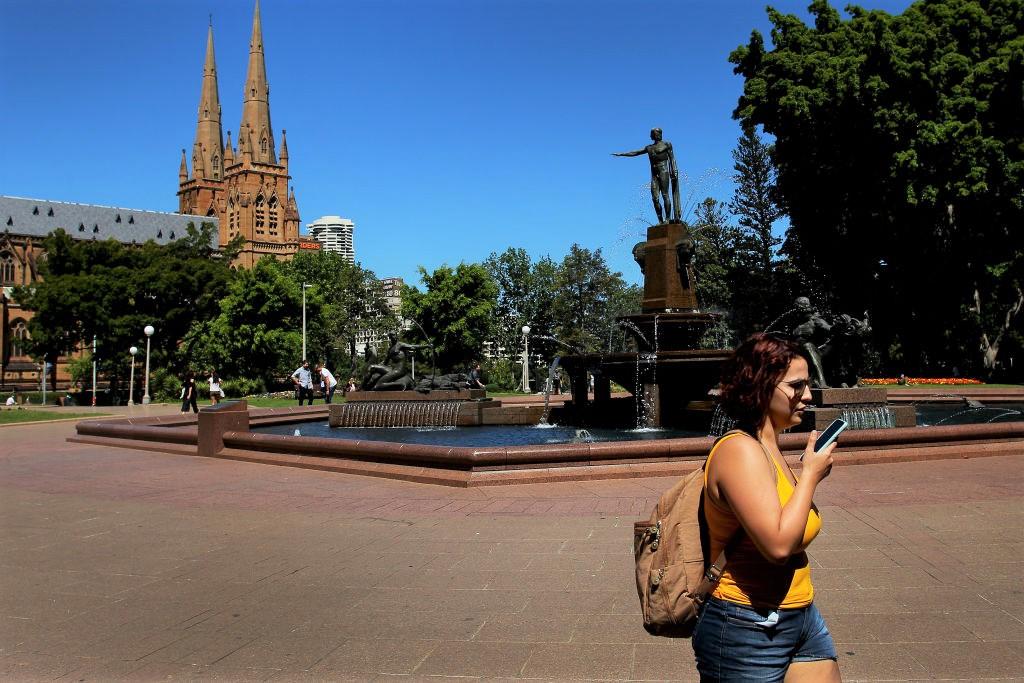Australian police received over a million tip-offs during the pandemic years from individuals reporting breaches of public health orders, a new study has revealed.
In 2019 Crime Stoppers, the country’s community program for receiving anonymous information on criminal activity, received 313,000 tip-offs nationally.





